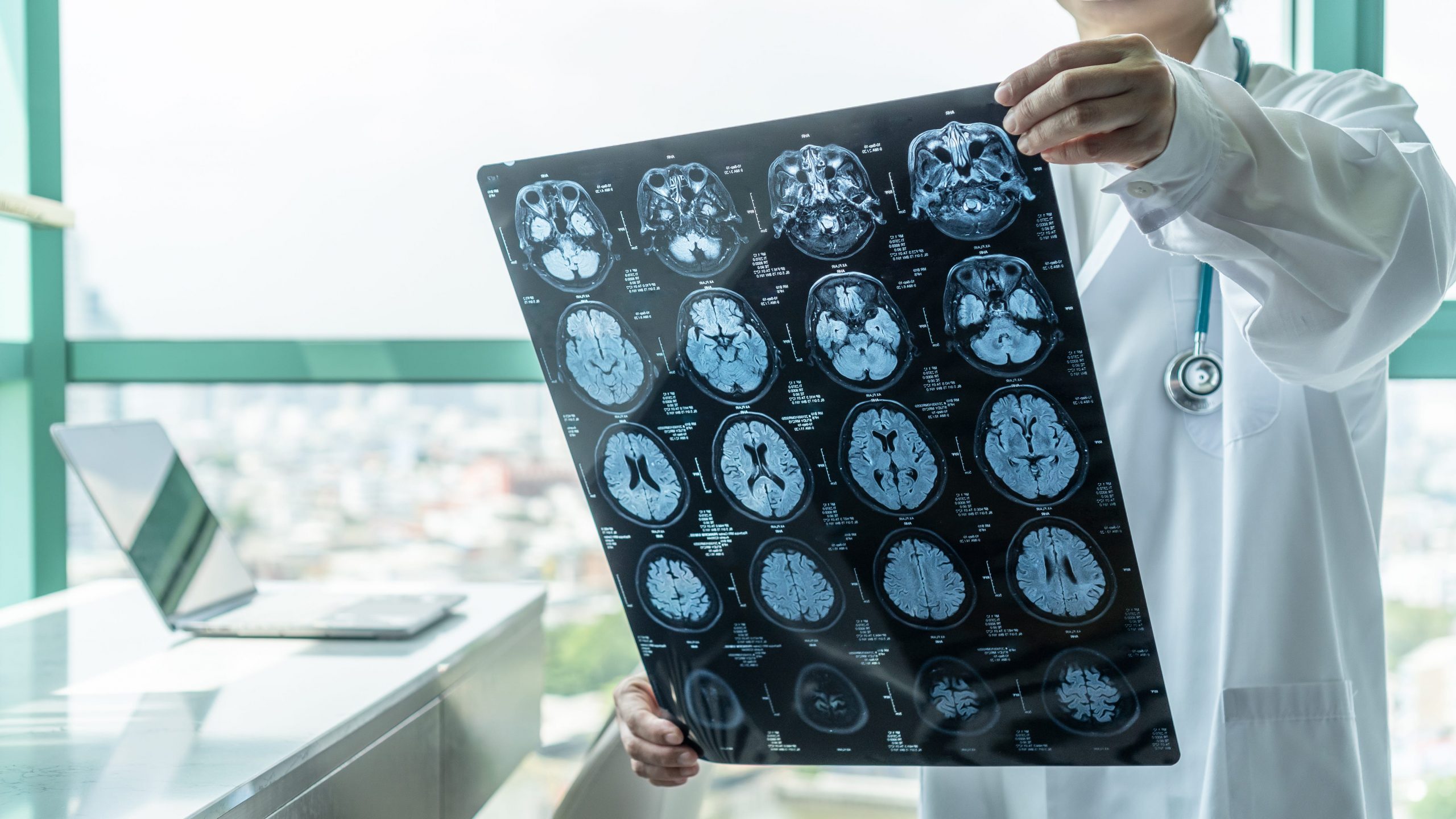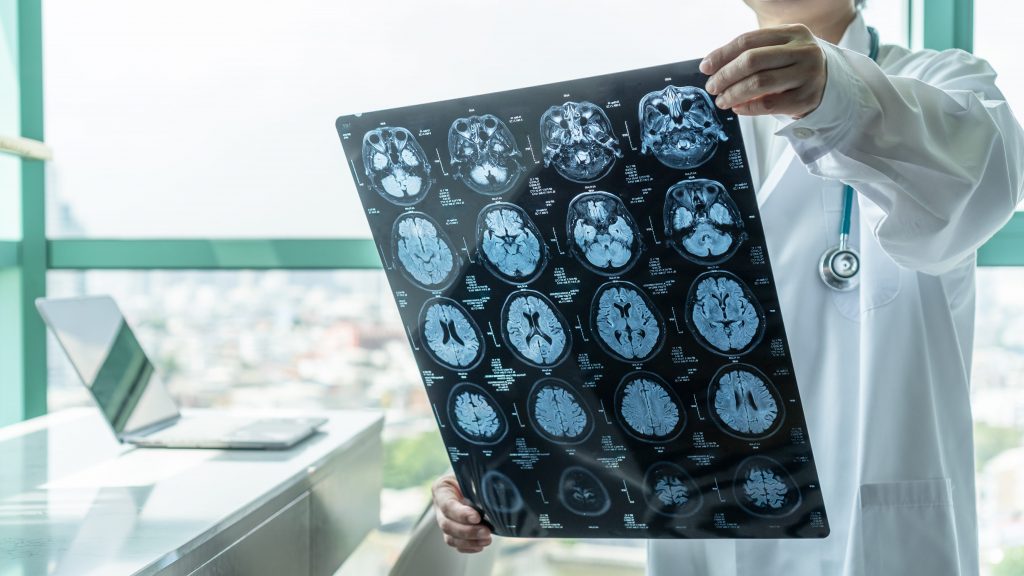
- Kirk Godbeer, a 31-year-old UK chef, suffered "a shower of strokes" in March 2022.
- It took more than six months for him to relearn how to talk, walk, and eat.
- Godbeer's speaking out about his experience to encourage people to mitigate their stroke risk.
A UK man is raising awareness of strokes in young people after suffering a "shower" of them soon after the first coronavirus lockdowns in 2020.
The man, 31-year-old chef and musician Kirk Godbeer, has since relearned how to walk, talk, eat, and overcome suicidal ideation. He's also learned how his high-stress, booze-heavy lifestyle could have contributed to his risk.
"I had no idea I was at risk of having a stroke," Godbeer told the local news outlet the Weston Mercury. "I didn't think at my age stroke was a thing."
At first, Godbeer tried to sleep off his symptoms
Godbeer woke up hot and sweaty at 3:15 am on March 29, 2020.
When he went downstairs to get a glass of water, it hit him: "I could only describe it as pins and needles, but all down one side of my body and face and I felt all hot and clammy," he wrote for the UK organization Different Strokes. "I felt my left side completely drop. I couldn't grip my left hand or walk properly."
According to the Mercury, he tried to sleep it off but still had trouble on his left side when he awoke. He walked to his mom's house so his kids wouldn't see him, but doesn't remember much more. "Everything from this point was a blur until I came round two days later in Bristol Royal Infirmary," he told the Mercury.
At the hospital, CT scans and blood tests tests came back clear. "The doctors were more confused than I was!" Godbeer told the outlet. After two days of no answers, he underwent an MRI that revealed he'd suffered "a shower of strokes," Godbeer said.
"That's when the emotions started. 'A stroke?" I said, am I going to be okay?'"
Godbeer was diagnosed with COVID soon after discharge
After six days in the hospital, Godbeer was discharged. Clinicians still didn't know where the blood clots that caused the strokes came from, but postponed the procedures to find out due to the pandemic.
At his mom's, he suffered constant fatigue, slurred speech, and began coughing up blood. Three days after an X-ray, he learned he had COVID-19.
"This was another battle on top of my stroke," Godbeer wrote for Different Strokes.
After two weeks of isolation COVID recovery, Godbeer got to work recovering from his stroke. Singing to music for five hours a day helped him regain his speech, and walking up and down just one or two stairs four times a day strengthened his leg muscles. He practiced touching each finger to his thumb so he could grip utensils to eat. It all took over six months.
But at seven months, Godbeer became suicidal. "I would cry over nothing, get angry over nothing and I tried on many occasions to end my life because I had just had enough," he wrote. "I wanted to give up on life because I didn't know how to control my emotions."
Now, 14 months out from his strokes, Godbeer is thanking his family for their support and his improved physical and mental health. "I'm doing amazing," he wrote, "and I'm so proud to be where I am now and to be able to talk openly and honestly about stroke."
Strokes can often be prevented
According to the American Heart Association, about 10-15% of strokes occur in people ages 18 to 45, and that percentage has been increasing. About 80% are preventable with lifestyle changes like exercising, quitting smoking, and managing stress.
Godbeer, who was working 60-hour weeks and drinking on breaks and after shifts, says he wishes he knew that earlier. "If I could go back in time," he told the Mercury, "I would advise myself not to work the hours I was working and stop binge drinking."

